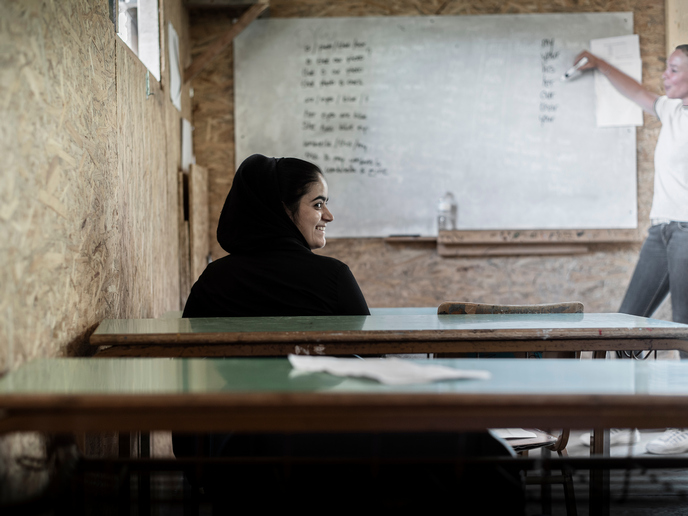Breaking language barriers
Europe has a long history of migration, leading to the establishment of multilingual communities. Understanding the benefits and challenges of multilingualism is crucial for the wellbeing, education, and employment of immigrants and can impact their integration and prospects in Europe. The aim of the MultiMind(opens in new window) project was to achieve fundamental breakthroughs in multilingualism research which was undertaken with the support of the Marie Skłodowska-Curie Actions(opens in new window) programme. MultiMind focused on the influence of multilingualism on language learning, cognition, creativity, brain function, and its role in atypical populations. “Our key goal was to design evidence-based practices for inclusive education and health, benefiting multilingual societies in Europe and globally,” explains project coordinator Theo Marinis.
The benefits of multilingualism
The European Union considers multilingualism a priority and recommends that children learn two additional languages in addition to their native tongue. MultiMind investigated the benefits of multilingualism for the individual and society. Findings indicate that languages are interconnected with multilingual children activating words in all languages they are acquiring. Multilingualism increases brain plasticity, leading to functional brain adaptations that can be advantageous for further language learning. Including all languages of multilingual children in the classroom can benefit their language learning and educational outcomes. At the societal level, multilingualism may reduce the expression of stereotypes and prejudices, and may have benefits not only at an individual level but also at a societal level. Therefore, policies towards multilingualism are important, and local/state governments can pave the way towards such changes. “Outdated views that multilingualism can confuse children need to be updated through training and continuing education workshops to improve attitudes towards multilingualism,” emphasises Marinis.
Multilingualism and migration
In light of the recent rise in migration, it is imperative to create customised teaching approaches for this specific population and to equip teachers with comprehensive and structured training. MultiMind explored different teaching methodologies in several settings and populations. Results indicate that policy makers should provide training for teachers and adopt a tailored curriculum for migrant children's needs. Education consultants and headmasters should encourage collaboration among teachers, implement in-school training, and promote cooperation between researchers and teachers to innovate the linguistic educational landscape.
Diagnosis of language disorders in multilingual children
Detection of language disorders, such as dyslexia, in multilingual children can be improved through the use of tasks that are independent of vocabulary, such as nonword repetition, nonlinguistic tasks, such as working memory and attention control, and computerised screening protocols. “Speech and language therapy training, education, and research should include continued provision of information and resources as well as re-evaluation of best practices,” stresses Marinis.
Language choice in psychotherapy
It is commonly believed that the language utilised in psychotherapy should match the native language of both the therapist and the patient. Nonetheless, there are circumstances where a foreign language is used during therapy as a clinical intervention to regulate the emotional intensity of memories. MultiMind provides evidence that the use of a foreign language in psychotherapy can be just as effective, and mental health professionals must receive training in its use. The general public can benefit from information on how to use their foreign language(s) to improve their emotion regulation abilities, a crucial aspect of daily life.
Policy reports
The team formulated several policies(opens in new window) addressing multilingualism in the classroom, in speech and language therapy, and in psychotherapy.







